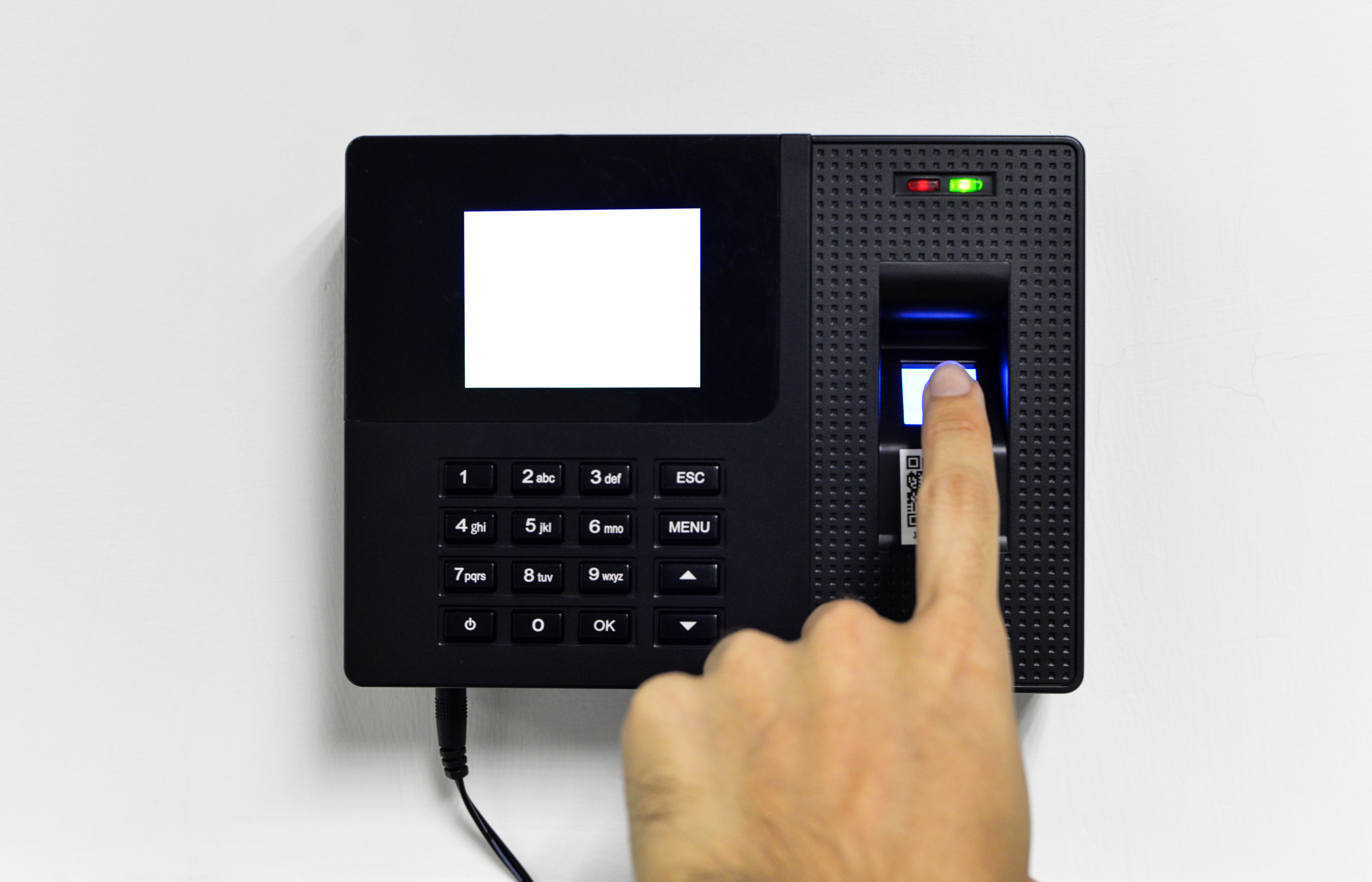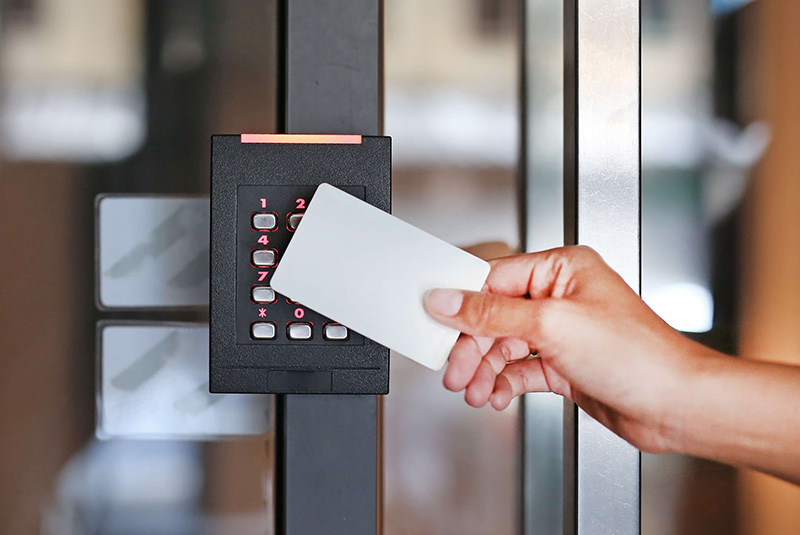
DOOR ACCESS SYSTEM
What is Door Access System?
Access control systems are the electronic systems that are designed to control through a network and they should have an access to a network. Access Control System recognizes authenticates and authorizes entry of a person to enter into the premise thereby giving complete protection ensuring security with the system.

TYPES OF DOOR ACCESS CONTROL

Discretionary Access Control (DAC)
Discretionary Access Control is a type of access control system that holds the business owner responsible for deciding which people are allowed in a specific location, physically or digitally. DAC is the least restrictive compared to the other systems, as it essentially allows an individual complete control over any objects they own, as well as the programs associated with those objects. The drawback to Discretionary Access Control is the fact that it gives the end user complete control to set security level settings for other users and the permissions given to the end user are inherited into other programs they use which could potentially lead to malware being executed without the end user being aware of it.
Mandatory Access Control (MAC)
Mandatory Access Control is more commonly utilized in organizations that require an elevated emphasis on the confidentiality and classification of data (ie. military institutions). MAC doesn’t permit owners to have a say in the entities having access in a unit or facility, instead, only the owner and custodian have the management of the access controls. MAC will typically classify all end users and provide them with labels which permit them to gain access through security with established security guidelines.


Role-Based Access Control (RBAC)
Also known as Rule-Based Access Control, RBAC is the most demanded in regard to access control systems. Not only is it in high demand among households, RBAC has also become highly sought-after in the business world. In RBAC systems, access is assigned by the system administrator and is stringently based on the subject’s role within the household or organization and most privileges are based on the limitations defined by their job responsibilities. So, rather than assigning an individual as a security manager, the security manager position already has access control permissions assigned to it. RBAC makes life much easier because rather than assigning multiple individuals particular access, the system administrator only has to assign access to specific job titles.
